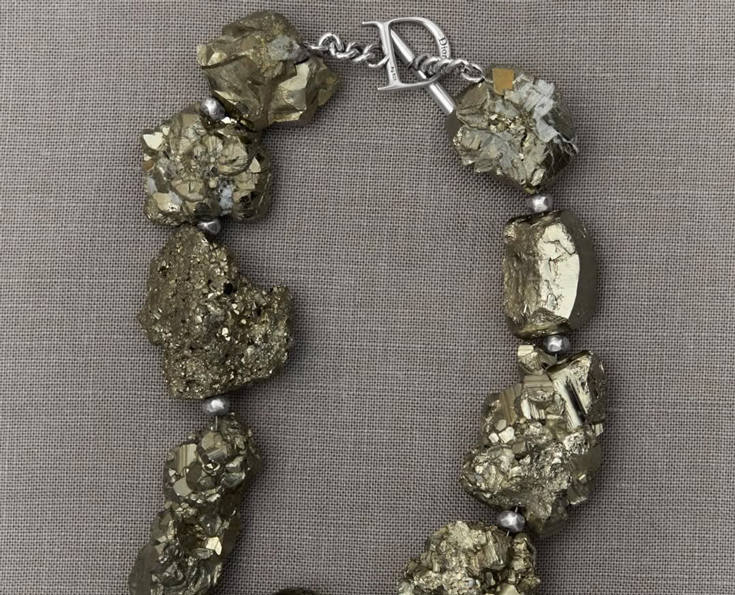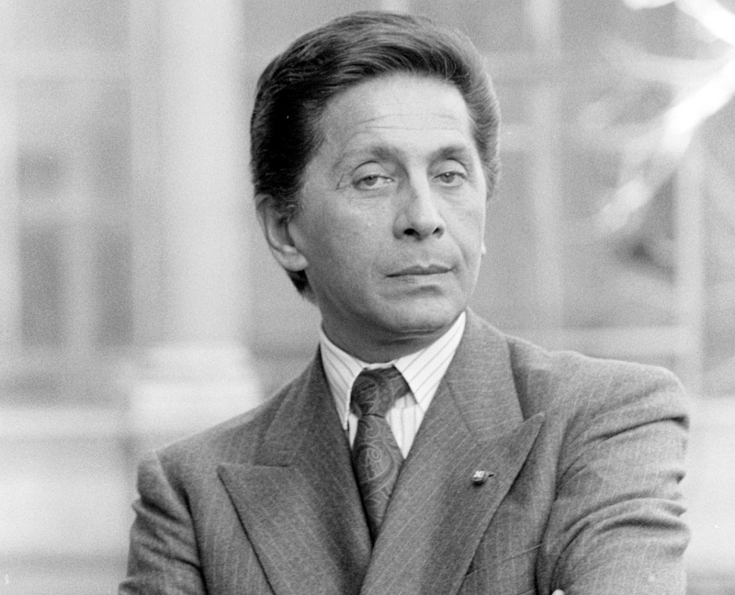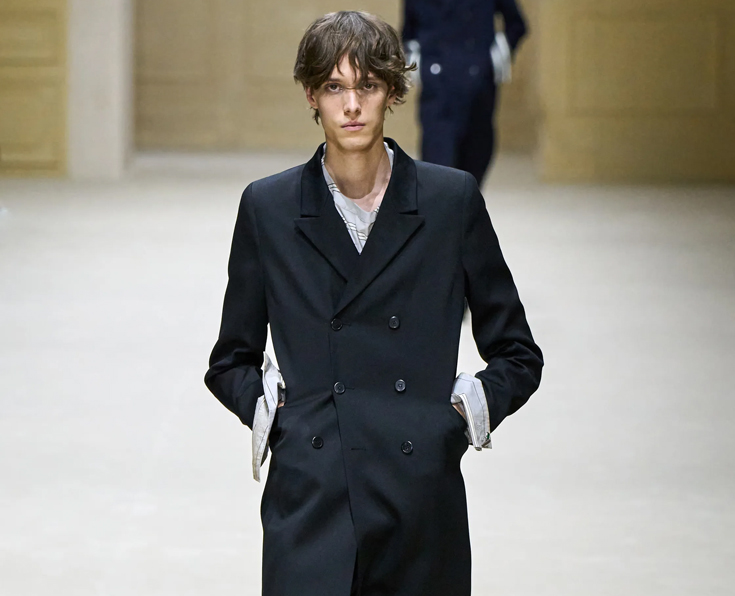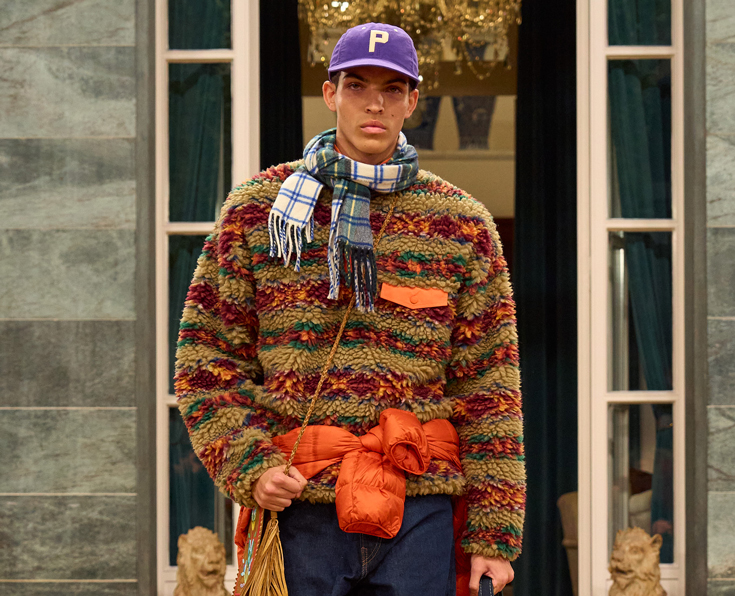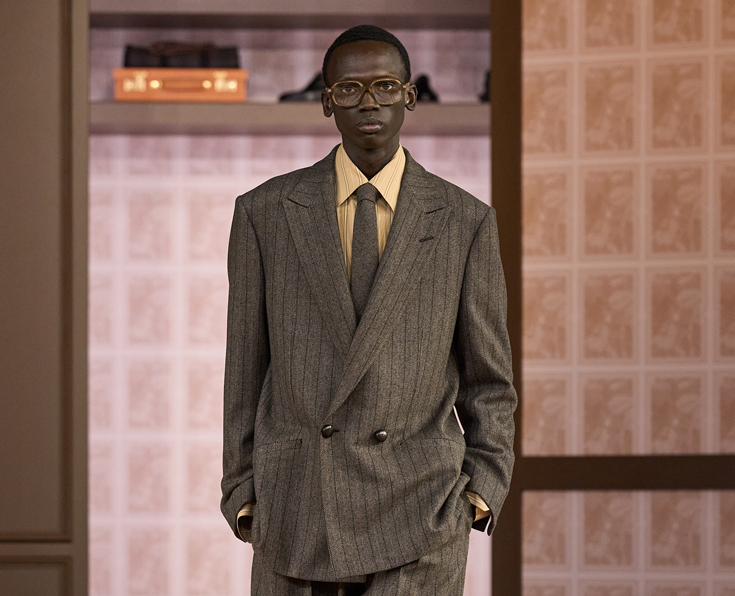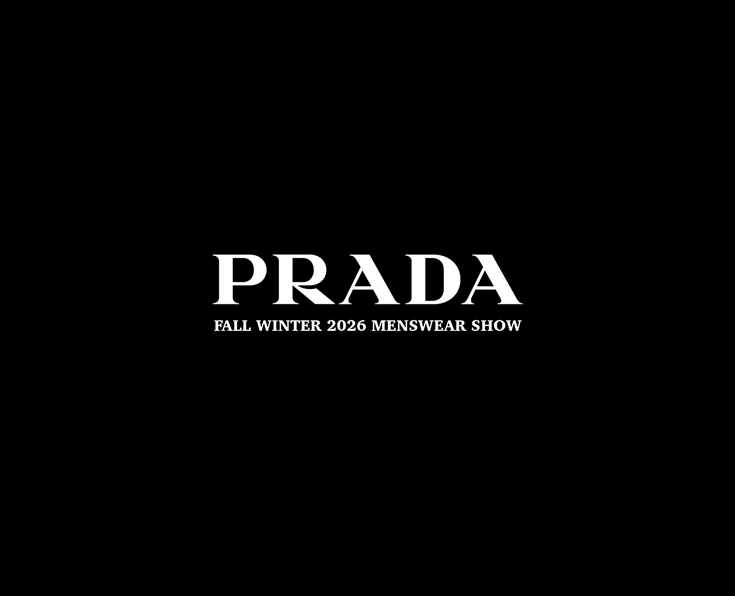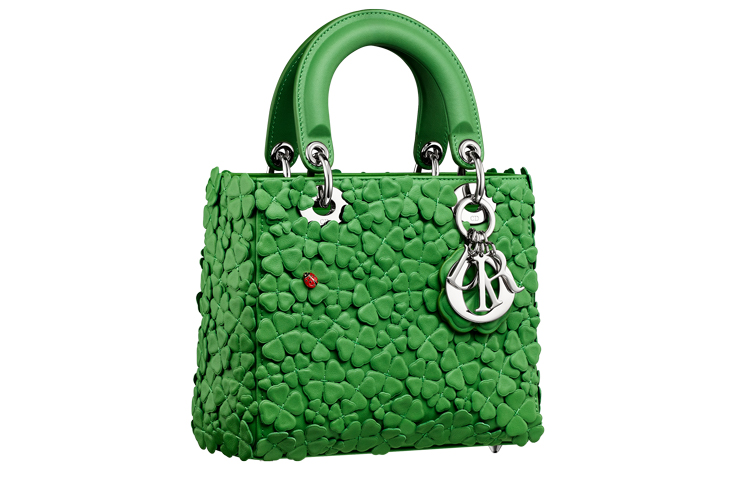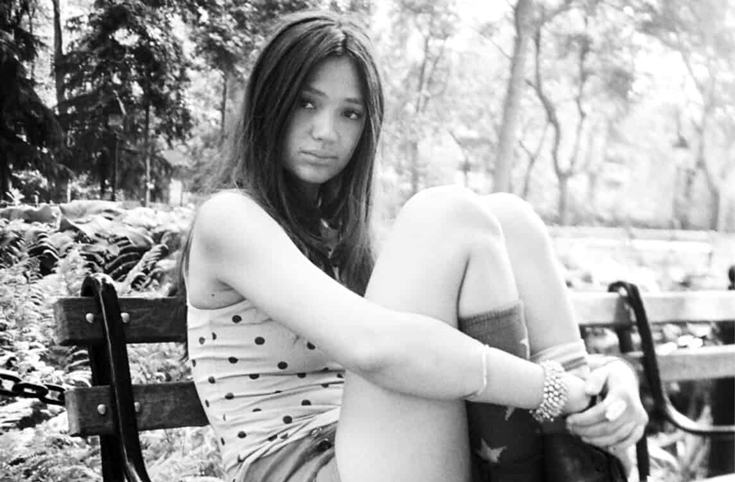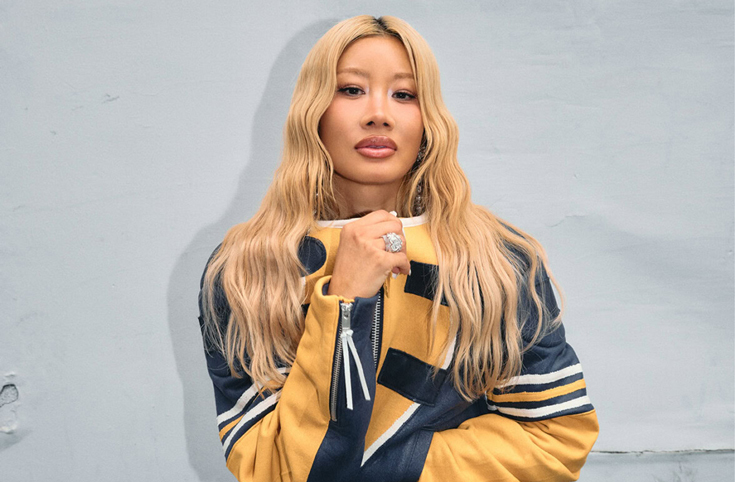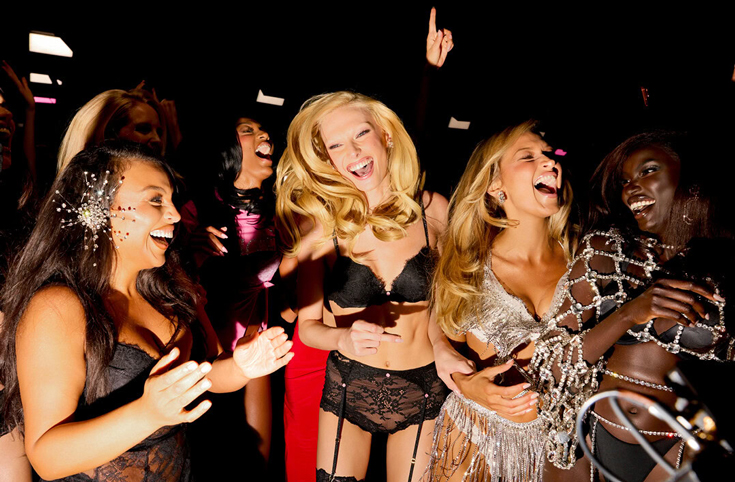TEN TALKS TO TORA

Tora has returned with their fourth studio album, Temps De Flors. Crafted in Spain, the record is an electronic exploration into an emotional, intimate, hopeful state of mind. “Temps De Flors delivers 13 songs that all are quite different to one another, yet belong together as one larger story” Tora say of the album “The ongoing theme throughout the album is a feeling of moving from darkness into light, turning difficult times into prosperous times, a blossoming of spring in all senses, revelations, revolutions, innovations leading to abundance.” We spoke to Jo and Jai from the band about Tora’s evolution and their upcoming world tour:
Your album is great. I’m very excited for you guys. This is a random little fact but I travel to the Hawaiian island Kauai a lot and I always seem to hear Tora's music playing there. So I associate your music with a really peaceful, life-changing place. I also love the intention behind the album, the darkness into lightness, the beginning of spring. Tell me about the origins of the album. Do you remember when you realised you were beginning to write for this fourth album? Was there a catalyst?
Jo: It was a very natural process and very intentional. We decided to basically meet up in Spain, in Catalonia. We actually set a period because we were all in different parts of the globe for quite some time after the previous record. So we were like, okay, if we're going to do this, we really need to set some time. So we actually went to Catalonia and got in the studios for six weeks straight. And it just happened that when we were there, there was this festival on in Girona called Temp de Flors. So they were celebrating spring and the time of the flowers. That was quite early in the writing process. So that set the tone. In the garden there were plums and cherries and different things growing on the trees. There was lots of pollen in the air. And so it just naturally felt right. We didn't start with the intention to make that the theme, but after just a couple of weeks of the process, we kind of realised the songs just started to all have this theme in them, which felt like spring, very much filled with positivity and light. Just this feeling of letting go of heaviness, you know, releasing.
Did you make the whole album in that six weeks?
Jo: We did go back for two weeks later in the year. So in total it took us eight weeks, but yeah, the writing was done in that six week period. And then when we came back, we just mixed and mastered it.
Do you still produce it all yourselves or do you work with someone else?
Jo: Yeah, 100 percent ourselves. We’re all producers and engineers and songwriters. There was actually one song, Be The Way You Are, which was written at a separate time with some mates of mine in London but the rest of the record was done on the spot there together and self produced, mixed, mastered, written.
Do you listen to your older music often? How have you evolved?
Jai: I was listening a little bit today because we are soon to be getting together to rehearse some of these new songs. And obviously the old ones too for the tour that's coming up. I was listening over some of the older tracks today, some that we don't usually play. I think there's a pretty clear evolution. Obviously we had used to have five members, Toby departed in 2017, so there's a parting of ways and the sound shifted over time. I think for the most part, it remains similar in its core essence, but we don't have that influence of Toby on most of the tracks. However, on the new album, we do have him on Afterlife and he also produced Jigglypuff with us. There’s still some of the elements from him but I think this album was quite a different way of doing it because we essentially all got together and started it from scratch rather than bringing songs to the table that were already strong ideas and then finishing them off in a production way which is often what we used to do. But these days we've been trying to get in the room and either take very early ideas and run with them or start ideas from scratch. It was a nice process for us to do that with this record.
Jo: And it's the first time we've done it in a professional studio from the beginning - we had really nice equipment. There was just nice gear, nice instruments, plenty of space in the studio. We’ve all evolved over time. In terms of our skill sets, I'd say the main evolution in Tora’s sound has just come down to our own capabilities. From the beginning we've self produced and done everything ourselves. We got better at recording and mixing. I feel like the songs have become simpler, we’ve learned to say more with less. There’s a sense of maturing in the sound. I think a lot of artists out there work with other producers from day one. So the bar maybe is set higher from day one. Whereas for us, we set the bar pretty low with our early works because we were literally just amateurs, sitting in our bedrooms.
How do you think that your relationship with each other has evolved? As bandmates and touring all the time you also have to be so vulnerable writing these songs with each other.
Jo: I would say we’ve gotten a lot better at communicating with each other. We've gotten a lot better at resolving disputes, especially creative disputes, giving each other the benefit of the doubt when we have a gut feeling about something and giving each other space to work rather than overdoing things.I think we've just gotten better at working as a unit. Not just clashing with each other and not trying to overdo everything.
You’re going on a massive tour starting October 6 around Europe, America and then Australia. In terms of the show tour, you’ve reimagined it. What has that entailed?
Jo: Every time we make new music there's new sounds and new instruments. Each tour we have to learn how to play the new music and that usually involves adding new things to the set. But in terms of the reimagining, for this tour, we wanted to really tie in the visuals with the audio so that it's not just a band playing a concert. We've been working on getting lights really nice and synced up, and working on some video element to the show to help tell a narrative and a multi dimensional experience. With new music comes new responsibilities. Some people have to play stuff that they haven't played before. I think for myself, as the front man I used to try and do too much. So with the new music, I'm kind of personally trying to get more focused on the performance element and not always trying to overplay and play every single instrument that I can. There’s still a bit of swapping and changing, like I play guitar and keyboard, but I really wanted to focus my attention on the audience and the performance. With a lot of the new songs I'm a bit more freed up to sing and move around and focus on the story and what we're actually projecting rather than just my head down, staring at the instrument that I'm playing.
You mentioned that with each record there are new instruments or new sounds. What do you think people will be able to hear if they've been listening to your music for a long time on this record that they haven't heard before?
Jai: I think there's a lot of more organic instrumentation added to this new record. We've come at it from a slightly less ‘producer’ angle and tried to implement a wider array of instrumentation. think our skills have evolved with each instrument. For me personally, piano and just using an actual physical piano to record during that recording time was a really big part of the way that this record evolved. When we were still in a COVID period, I had this feeling that I wanted to play more piano, have a piano in the house and get more acquainted with the instrument so that I could write better. The last three and a half years I've spent mostly focusing on that instrument. It led to the writing process for me personally, for this record. The piano was always the main pillar of the beginnings of songs, because I'd usually sit down and write a chord progression, which would then lead to the melodic elements and the motifs. A strong chord progression leads to great vocal melodies. So I think what it helped me do was just. have a stronger basis for good songs. Jo, Shaun, Thorne and I could all work together and feel better about the beginnings of songs rather than battling quite hard to find good chord progressions.
Jo: I think now there's just also more analog synths on stage, like three keyboards, two analog synths and one MIDI synth. Our whole setup has improved to streamline things so that we can do more with less. The main things that people will notice is just us being a lot more comfortable with what we're doing. We've all delved into our instruments deeper and just become more proficient at everything.
It feels like you guys have done so much growth through the making of this record.
Jo: Definitely. Yeah. I think that was a big part of the process was that we took a year apart to really hone our own skill sets before we tried to make the record. We felt like we couldn't just go back and do the same thing again. We wanted to raise the bar before we even attempted to start making the music.
Are there any artists whose music is exciting you guys right now?
Jo: There’s a lot, but I would say for me, it's pretty obvious that everyone's going to probably agree with, but Fred again.. was definitely a standout artist for me in the last 12 to 24 months because he broke the mold. It reminded me of what Flume did 10 years ago where he inspired artists to think outside the box again. For me, Fred again.. has done that where I'm like, wow, you really can just get away with taking anything and cutting it up how you want. He gave me a new lease on creation where there are no rules.
Jai: I listen to a lot of dance music, but then I also listen to quite a bit of classical music. So there's a really broad range and I think it’s hard to say one specific type of thing that's exciting me. But I think if you were to land somewhere in the middle, really prolific creators, like Jordan Rakei and people who are mixing these worlds together with a really strong musicianship basis are always exciting because you know that their records are going to be diverse and you know that they're going to deliver something that is groundbreaking but also very palatable. I come from a background of producing dance music and DJing, so dance music really excites me. I can come to the table when we are writing records together and bring some of those little niche community sounds to the writing process. But yeah, it's always a really tough question. There is so much. Another guy who lands sort of in the middle his project's called Vegyn and I think he does a really good job. There’s also a guy called Skeleten as well from Sydney. I love his new record and his new single. It’s an inspiring time to be a part of.
Jo: I was really digging the James Blake record with Lil Yachty. That record is really groundbreaking. That also reminded me you’re allowed to break the ruls. Like a song doesn't have to have a chorus. It can just have three sections and just evolve. James Blake has always been a big inspiration for Tora.
Jai: Excited for the new Jamie XX record too, I think that’ll be very strong. Caribou’s putting out new music. And I think Bonobo is going to be putting out new music - there's just lots coming out this next month. So I think it'll be a a good month for releases.
That's a really refreshing answer. A lot of artists often say they don’t listen to music.
Jai: That’s a funny thing. I understand why some artists don’t listen to music. I think when we go through stages where we're not listening too much either, generally during the writing process. But I think in the interim periods, I feel personally that you really need to listen to as much as possible just to actually build a sense of not only where the community's at, but also just bring new ideas to your palate, essentially.
Jo: You have an in breath and then an out breath. So like Jai said, when you're not writing, you need to have a big in breath. Then I'd prefer when I'm in a writing period to just go blank. So I’ll just listen to podcasts instead because I'm afraid of being too influenced.
Yes and at the end of the day, we’re all doing this because we love music. Which podcasts do you listen to?
Jo: I listen to a bunch. I'm quite into political and cultural podcasts. Obviously Joe Rogan’s is popular. And I like PBD podcast. Those are probably two that I listen to a lot. It's funny because I think sometimes when people hear which podcasts you listen to, they think that's the kind of beliefs that you have. But for me, I think it's important, especially politically, to listen to all different points of view so that you can understand what people are thinking about with the same beliefs and what people are thinking with opposite beliefs.
I agree, about listening to both sides of cultural, social and political situations. I think it's cool and important to stay informed and care about politics, and form an opinion on the state of the world, regardless of your occupation. What's something that's inspiring you guys at the moment aside from music?
Jo: Well at this specific moment, what's been inspiring me is the European summer. I’ve just spent three and a half months in Amsterdam, Berlin, and then went on a road trip down to Croatia through Italy. So that's been really inspiring. I'm always very much inspired by what's going on in the world. I feel that an artist has a responsibility to impact the world culturally. That's our job to call out the truth and to uplift people, give people hope. So for me politics can be actually quite inspiring if you know what's going on, especially geopolitics. If there are wars going on, you’ve got to do something about it. You've got to be able to bring people’s attention to the important things that are going on in the world. And I guess that’s where a lot of our inspiration for this album that's coming out came from, from seeing the world and the chaotic state of it right now. So all of those things were inspiring to us to actually put into the music and remind everybody that it's going to be okay. We can view things with a positive outlook and just project hope. That’s essentially where inspiration is coming from these days.
Listen to Temps De Flors HERE.
Photograph by Anton Fayle.

